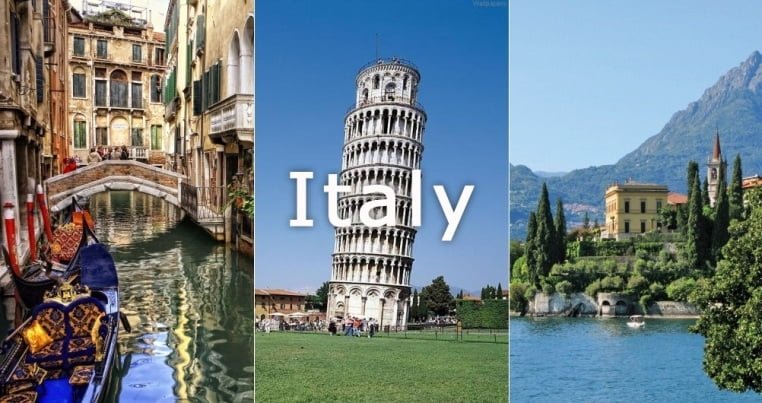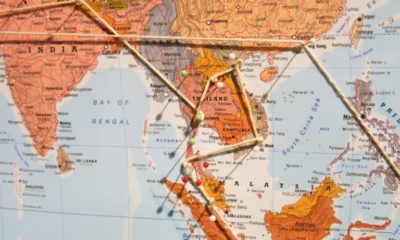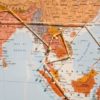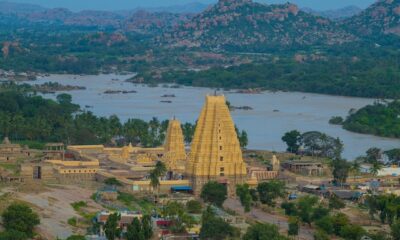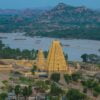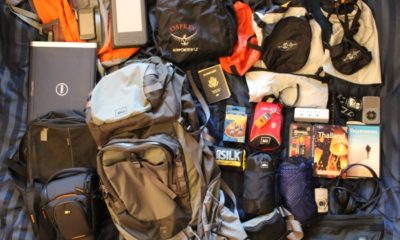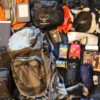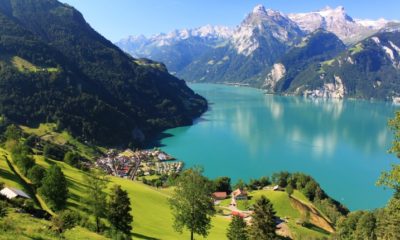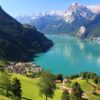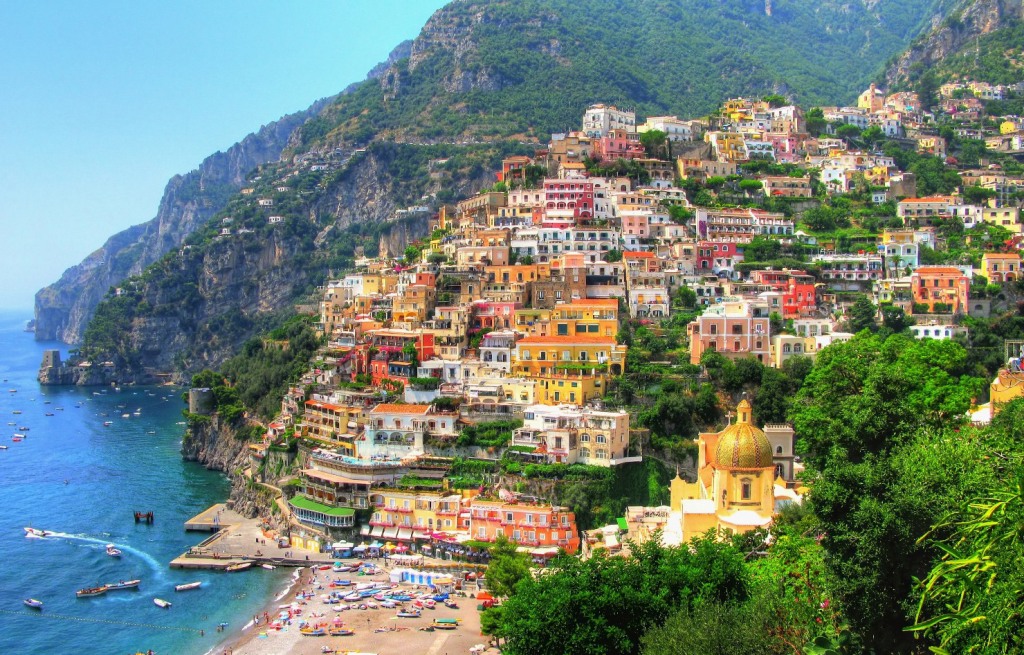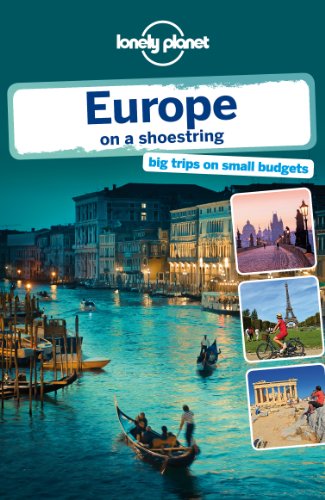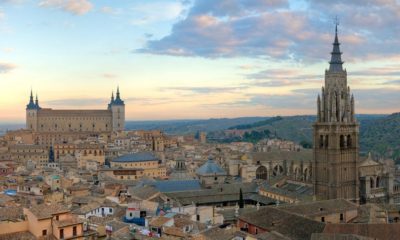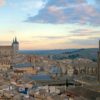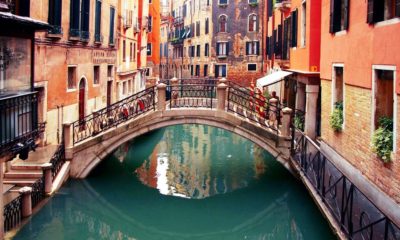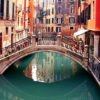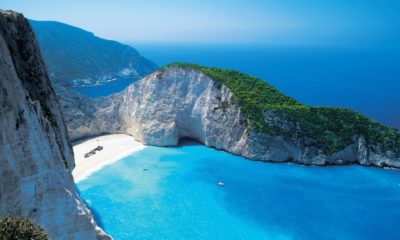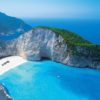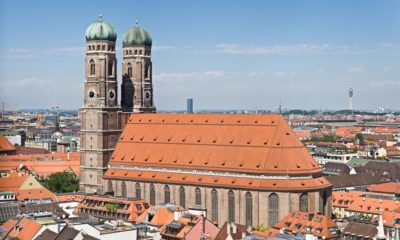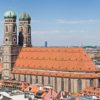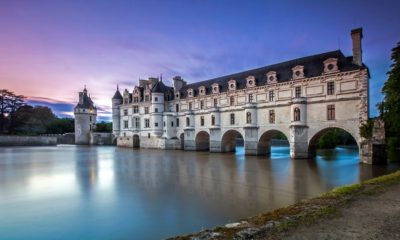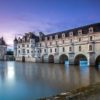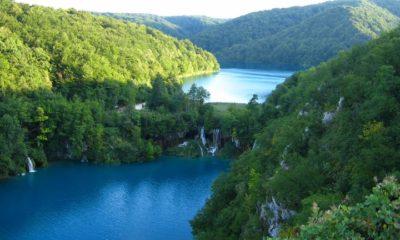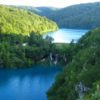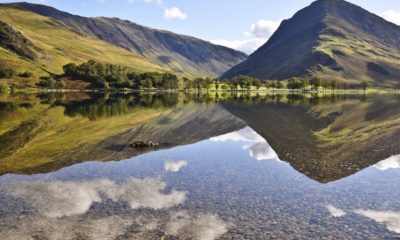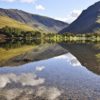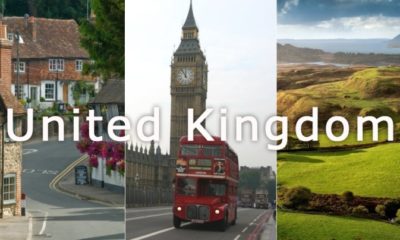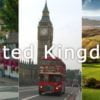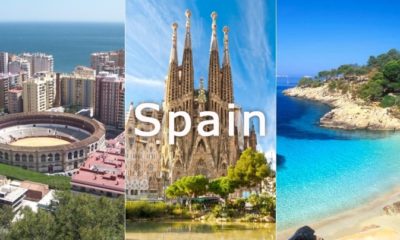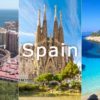Italy Backpacking Guide
Italy is the birthplace of Western civilisation, therefore is rich in history, culture and architecture.
Italy is the birthplace of Western civilisation, therefore is rich in history, culture and architecture.
Not forgetting nature lovers, Italy also has beautiful coastlines, alpine lakes and extensive mountain ranges.
Go To Italy For…
Historical Architecture

Colosseum, Rome.
Italy is home to the largest amount of UNESCO World Heritage Sites anywhere on Earth. Highly impressive buildings, monuments and relics can be found throughout the country.
Seaside Towns
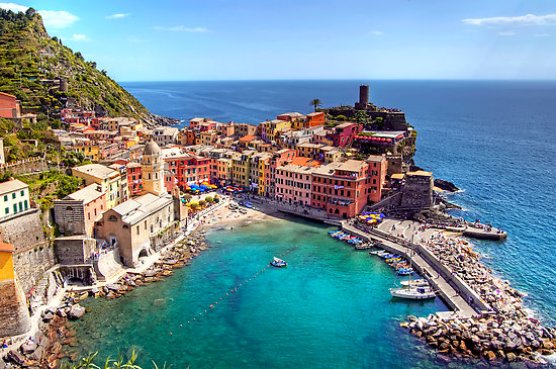
Vernazza, Cinque Terre.
Beset along the coast of Italy lie some of the most beautiful towns in the world. You can easily stumble across some hidden gems.
Food
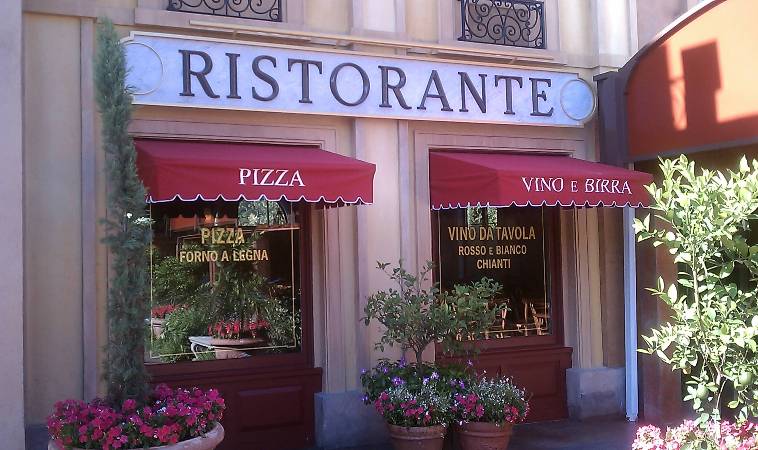
Neapolitan Restaurant.
Italian food is probably the most celebrated in the world. Of course everyone has tried pizza before, but it tastes much better from a genuine Italian Pizzeria than from a fast food chain or supermarket freezer.
Renaissance Art
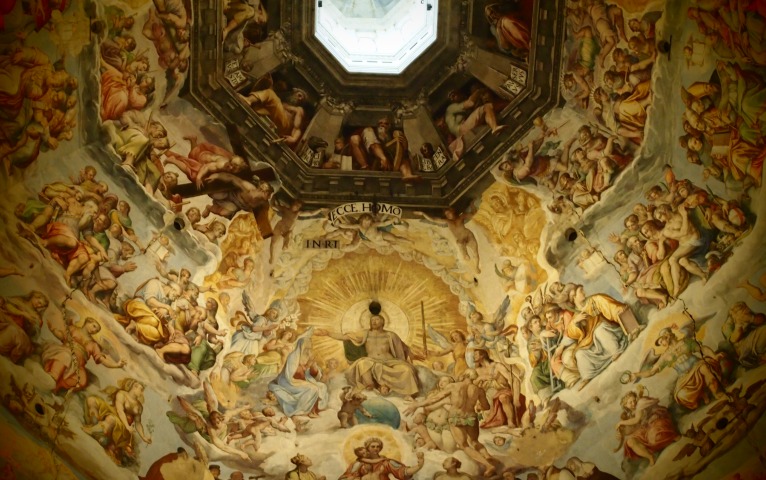
The dome of the Basilica di Santa Maria del Fiore, Florence.
Art of the Italian renaissance is said to of marked the transition of Europe from the medieval period to the Early modern age, and there are many places in Italy to sample magnificent masterpieces.
Consider Going Elsewhere If You…
Want Peace and Quiet
Of course rural areas are quiet and peaceful, but Italy is a bit of a headache country, mainly caused by large cities, aggressive motorists, flocks of tourists, and energetic locals.
Have High Expectations
Italy is rightly a popular destination, but through no fault of its own has become overhyped and is a bit an anti-climax for many visitors. For example, if you had never seen a picture of Venice before and went there, you’d find it incredible. Unfortunately because it is pictured and spoken about so often, people have incredibly high expectations, which may be shot down when faced with the reality of smelly water, noisy boat engines, and hordes of tourists.
Top Places To Visit In Italy
Italy Need To Know
Basics
|
|
Entry
Italy is a member of the borderless Schengen Zone, meaning you can freely move to other member states without the need for multiple visa applications and passport controls.
Citizens of the EU, EEA and Switzerland don’t need a visa to enter the Schengen Zone, and can generally stay for as long as they wish.
A vast amount of passport holders from other countries can also enter the Schengen Zone visa-free for up to 90 days including; Australia, Canada, New Zealand and the United States.
Citizens of visa-exempt nations need only produce a passport which is valid for the entirety of their stay, but other nationals require a Schengen visa and must have a passport which has at least 3 months’ validity beyond their period of stay.
For official information visit esteri.it or your home government travel bureau.
Getting Around
Trains are generally good value, frequent and the best way to travel around Italy. The high-speed trains are best for long journeys, but you will need to reserve your ticket in advance and they cost a considerable amount more than the slower trains, however they are much more reliable.
You can view timetable information and buy tickets at TrenItalia. Official Europe wide rail passes can be obtained through Rail Europe
All major cities in Italy have some form of City Card; a fixed-fee card allowing you to travel on local public transportation, visit a number of attractions and provide you with discounts in shops, hotels and restaurants.
Travelling by boat can be cheap and enjoyable, and very feasible if you intend on visiting Sardinia and Sicily.
Only use officially licensed taxis and make sure the meter in the taxi has been reset before you set off.
Hitchhiking in Italy is difficult and will be extremely frustrating, so for your time’s sake it is best avoided.
Read more about Getting Around When You Get There
Accommodation
Italy has a wide variety of hostels and you should never have any problem finding one.
The average price of a hostel is €10-25 a night.
All hostels in Italy will provide linen, cooking and bathroom facilities. Usually there will be internet facilities as well as common and laundry rooms.
Read more about Accommodation When You Get There and Living in Hostels
Food And Health
The standard of food safety and hygiene is good, and there are many places to eat out cheaply, if you do not wish to cook.
Water is safe to drink from kitchen taps in most parts of Italy, unless stated. Water in Southern parts of Italy may not be safe in periods of drought, if in doubt, buy bottled water.
Medical facilities are good, but make sure you have adequate travel insurance and accessible funds to cover the cost of any medical treatment and repatriation.
EU and EEA citizens should get a free European Health Insurance Card (EHIC) before leaving home. The EHIC isn’t a substitute for medical and travel insurance, but it entitles you to state provided medical treatment that may become necessary during your trip.
Other nationalities may also have reciprocal health care agreements, find out from your government travel bureau.
Always contact your GP around 8 weeks before your trip to check whether you need any vaccinations or other preventive measures. Visit here for Recommended Vaccinations and read here for more about Travelling Health In General
Weather & Time To Go
Most of Italy has hot, dry summers, with July being the hottest month of the year. Winters are cold and damp in the North, and milder in the South. The mountainous regions are obviously cooler and experience cold winters with lots of snowfall.
Communications
Internet and wifi is widespread and accessible in most hostels. Local pay-as-you-go SIM cards for your mobile phone and international calling cards are cheaply available.
Dangers And Considerations
By law you must be able to show some form of identification at all times.
Crime levels are generally low, but petty crime in the big city centres and tourist areas is common. Pickpockets often work in gangs, some distracting you while the others go into your bags, so be alert and try not to get distracted around tourist attractions and cash points. You should also take care of your belongings when sleeping on overnight trains.
Illegal traders operate on the streets of all major Italian cities, don’t buy from them or you could be fined by the local police.
If in mountainous areas, particularly in winter, check weather forecasts and conditions and make sure you’re properly equipped. Don’t undertake any activity alone (including hiking).
Mount Etna is an active volcano and erupts frequently sending plumes of ash into the air.
Dangers constantly change. Always check with your foreign office (British Foreign Office webpage) or travel advice bureau for the latest information regarding your destinations safety.
Read more about Safety And Security here
Respecting Culture
In Florence it is an offence to sit on steps/courtyards or to eat and drink in the immediate vicinity of the main churches and public buildings.
Italians are keen to maintain physical contact while talking, such as putting a hand on your shoulder or patting your back.
Depending on the level of familiarity with a person you may be given two light kisses on the cheek, including males, when entering or leaving a group. To avoid awkwardness, first move to the right to kiss/ receive the other person on the left cheek and then to the right cheek.
Under no circumstances should you mock Italy. Italians are a proud people, when talking about their country’s it is best to do so with respect.


